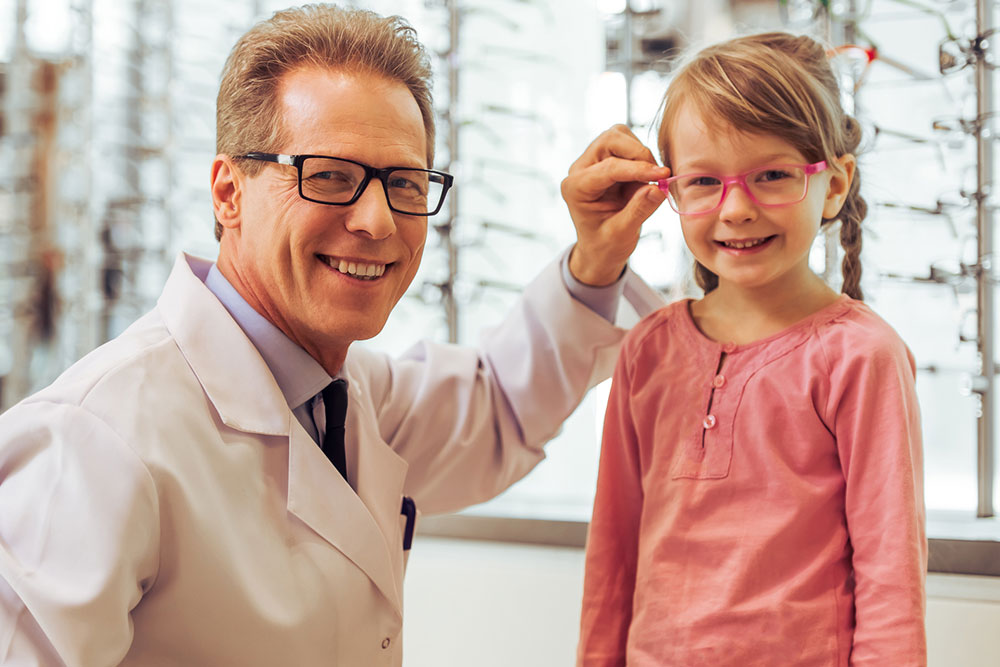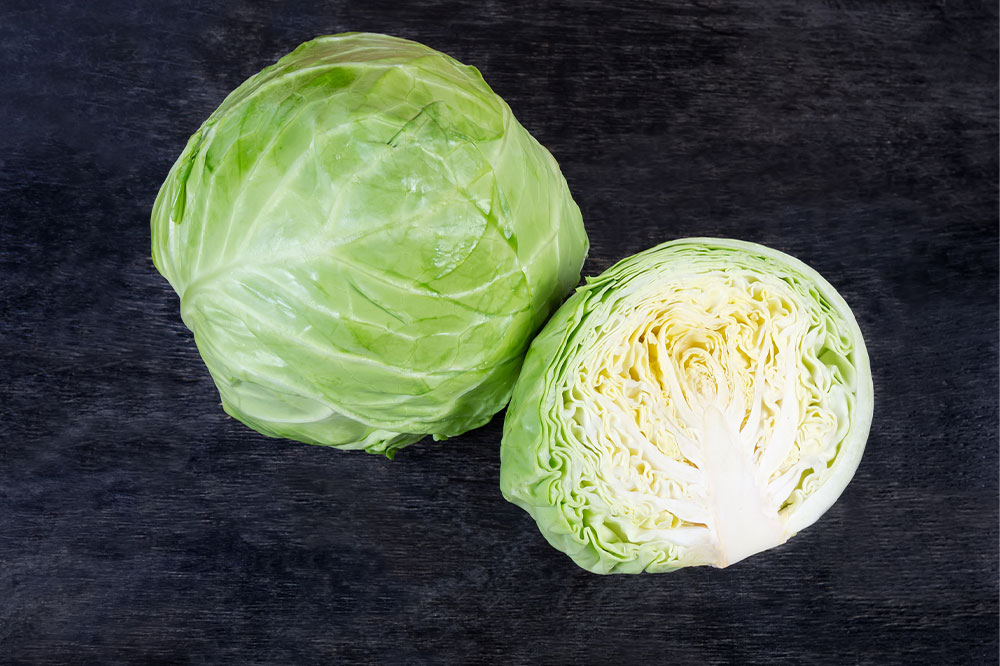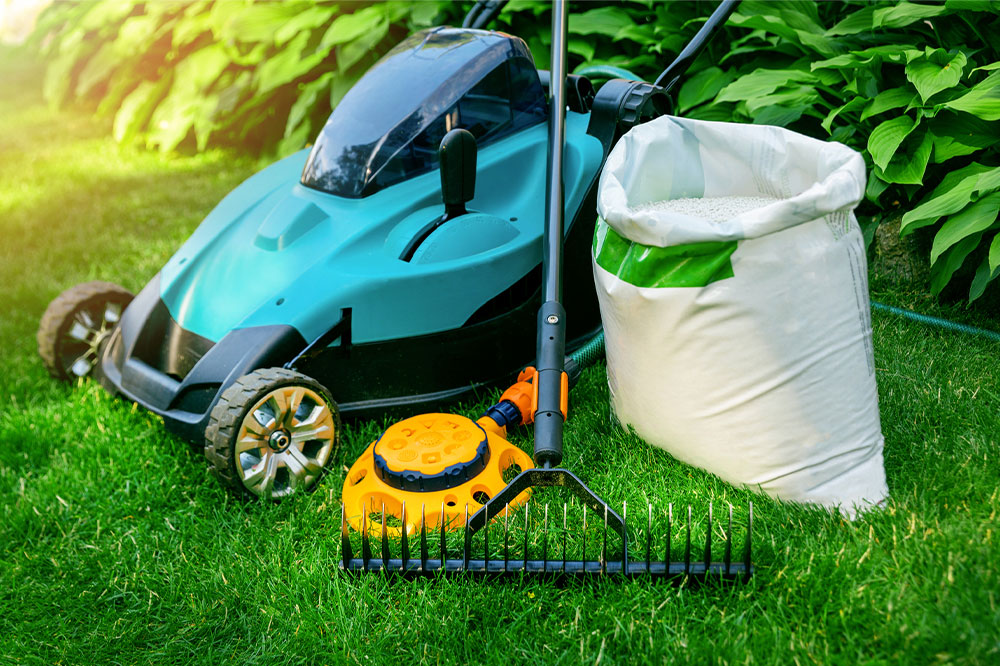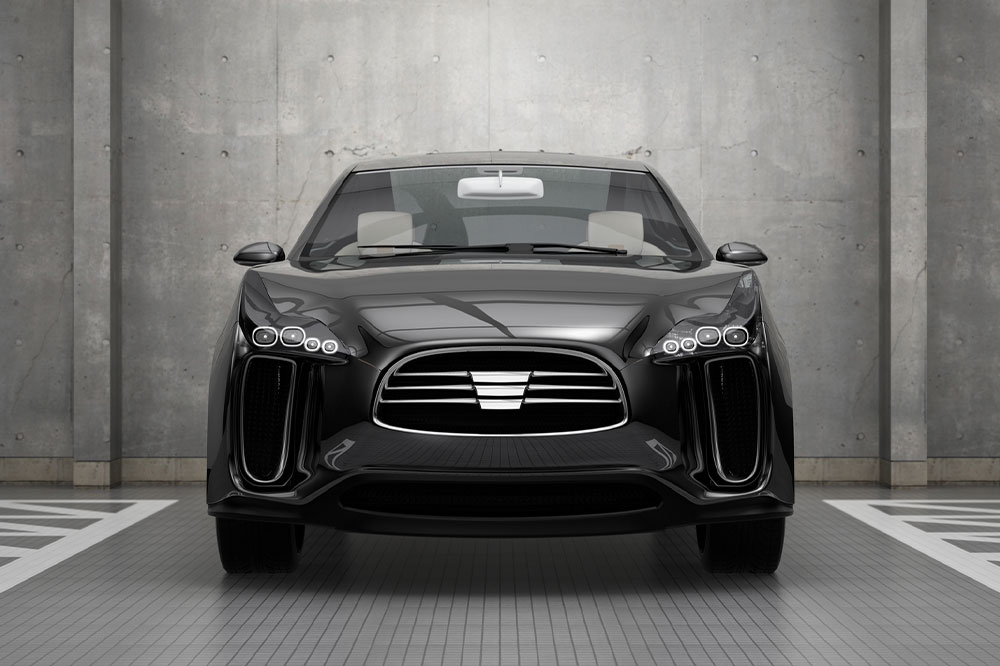9 questions to ask when consulting an ophthalmologist

Ophthalmologists are medical experts who are trained in the study and treatment of conditions that affect the eyes. They are qualified to provide comprehensive eye care, that is, vision services, eye exams, medical and surgical care, diagnosis and treatment of disease, and other eye-related complications. Visiting the ophthalmologist can be an overwhelming experience for some people. Having a list of questions handy for one’s ophthalmologist can help make the consultation easier.
What tests will be performed?
Learning about the procedures can help one feel more comfortable during their appointment and treatment. Ask the doctor about the instruments they will use and why certain tests are being carried out. Proper answers to these questions will help one feel more confident and make well-informed decisions.
What do the results mean?
Understanding the results of medical tests can feel quite difficult. So, one must always ask their doctor to break them down. After understanding these results, it becomes easier to plan the next course of treatment.
Are follow-up visits required?
When it comes to eye issues, many people skip going for follow-up sessions. But this can be extremely risky. Eyes being among the most sensitive organs, one must strive to achieve the best possible care for them. That is why it is advisable to always ask an ophthalmologist about any follow-up visits or other tests that may be required after one’s appointment. This continued engagement with the opthalmologist will help patients develop a strong bond with the doctor and ensure proper vision care.
Will the condition change over time?
Some eye conditions remain stable over time while others may improve or deteriorate. Knowing how the condition will progress can help one stay on top of things. For those with good eyesight, this may come with advice on how to maintain it, while for those with severe conditions, it can be a warning bell to start taking measures to manage their condition in the long run.
Is the eye problem treatable?
Whether it’s an existing condition or a new one , it is always important to clarify if the problem is treatable. In most instances, the opthalmologist will provide a basic explanation of the condition. But if more details are needed, patients should feel free to ask the doctor during the consultation or on a call.
What signs and symptoms need to be watched out for?
Individuals with a predisposition to eye diseases may need to keep an eye out for certain signs and symptoms, such as double or decreased vision, eye redness and dryness, eye pain, light sensitivity, floaters, swelling, etc. Watching out for these changes will allow one to get early treatment, improving its effectiveness.
What lifestyle changes can help prevent eye diseases?
Often, eye issues are closely interlinked with one’s lifestyle. For instance, those with lifestyle conditions like diabetes are always at risk of developing diabetic retinopathy, which can even lead to blindness. To keep such issues at bay, speak to the ophthalmologist about any lifestyle changes that can be made. They may recommend changes like eating or avoiding certain foods to protect eye health or reducing screen time for managing dry eyes.
Which other measures can be taken to protect the eyes?
Apart from treatment-related questions, it is also a good idea to ask what else can be done to care for one’s eyes. Start a discussion with the ophthalmologist about protection from UV light, sun protection, contact lens care, etc. Many people do not pay enough attention to sun exposure, but it plays a major role in exacerbating eye conditions such as macular degeneration, pterygium, and eye cancer.
Are glasses better than contacts?
Some people find it difficult to choose between glasses and contacts. While this choice is entirely dependent on one’s preferences, talking it out with the ophthalmologist can help. The doctor will not only ask the patient about their habits but may also follow up with certain evaluations to understand which one suits the patient better.
Some other questions to ask an ophthalmologist
- What is visual acuity?
- Are there any indicators of peripheral vision loss?
- When should the treatment start and how long will it last?
- What are the benefits of the prescribed treatment? Are there any associated side effects?
- Are other treatment options available?
- Will more tests be required later?
- Is it okay to continue driving?
- How is a low vision examination different from a comprehensive eye exam?







